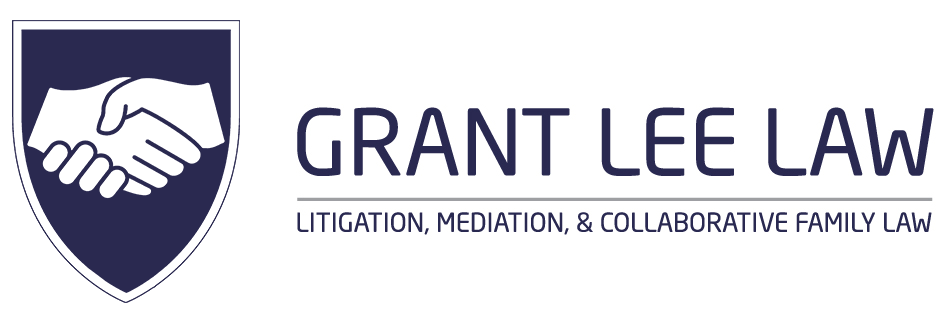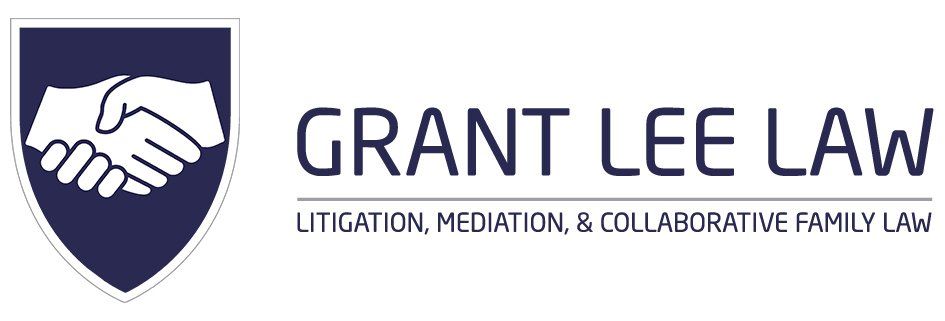Litigation: The Family Law Process - Conferences
Types of Conferences

Welcome back to part 7 of our Family Law Process series. These posts will go through the family law process from start to finish, and will identify what you can expect to occur at each step. Please note that it is possible that not all of the steps will occur in your family law matter.
5. Serving and filing court documents
6. Mandatory Information Program
7. Conferences
8. Motions
9. Trials
There are 3 main conferences that occur in the family law process:
1) Case Conference
2) Settlement Conference
3) Trial Management Conference
Each will be discussed in greater detail below.
1) Case Conference
Purpose of a Case Conference in Family Law
Before heading to trial, the family law process requires that the parties meet before a judge at least one time as stated in the Family Law Rules. There are 2 goals when having a conference, the first is to determine whether any issues can be resolved before trial commences, and the second is to ensure that all parties have exchanged information necessary for the matter to move forward in the process.
Section 17(4) of the Family Law Rules states the following reasons for conducting a case conference:
(a) exploring the chances of settling the case;
(b) identifying the issues that are in dispute and those that are not in dispute;
(c) exploring ways to resolve the issues that are in dispute;
(d) ensuring disclosure of the relevant evidence, including the disclosure of financial information required to resolve any support or property issue;
(e) identifying any issues relating to any expert evidence or reports on which the parties intend to rely at trial;
(f) noting admissions that may simplify the case;
(g) setting the date for the next step in the case;
(h) setting a specific timetable for the steps to be taken in the case before it comes to trial;
(i) organizing a settlement conference, or holding one if appropriate;
(j) giving directions with respect to any intended motion, including the preparation of a specific timetable for the exchange of material for the motion and ordering the filing of summaries of argument, if appropriate; and
(k) in the case of a motion to change a final order or agreement under rule 15, determining the most appropriate process for reaching a quick and just conclusion of the motion.
Steps to Complete Before Your Conference
Section 17 of the Family Law Rules state that the party must serve and file onto the opposing party, documents such as the Form 17A Case Conference Brief no later than 6 days before the conference. The Form 17A Case Conference Brief is a mandatory form that parties must complete before their conference. Within the form parties must indicate the issues that they have resolved, the issues that are outstanding, and provide detailed information supporting their position. The form also requires information on the party’s family and history of the relationship. If property or support issues are involved, then Form 13 and/or 13.1 Financial Statement, and Form 13A Certificate of Financial Disclosure must be updated. At least 3 days before the case conference, a Form 17F: Confirmation of Conference must be served and filed with the court. This form indicates to the Court and the opposing side that the conference will be proceeding. The form also dictates the issues that will be discussed during the case conference. It is prudent and necessary to speak with the opposing party or their counsel about all issues, prior to preparing the Case Conference Brief, and Confirmation.
At the Conference
You, the other party, and if represented by lawyers, will all appear before a judge who will hear the positions of each side. The goal of the case conference is to try and resolve as many of the issues before going to trial. The judge will try to get the parties to find ways to resolve the issues, as well as indicate the information that needs to be shared between the parties, if any, and the next steps to resolve the issues. If the parties are able to come to an agreement on any of the issues, the judge will make an order based on the agreement reached. This order will then be officialised in a consent agreement or minutes of settlement.
2) Settlement Conference
Purpose of a Settlement Conference in Family Law
After a few case conferences, if there are still remaining issues that have not been resolved, the judge may schedule a settlement conference. A settlement conference is where the parties and their lawyer, will meet with a judge to discuss offers to settle the issues, resolve or narrow the issues in the matter, ensure that all information between the parties has been exchanged, and determine the evidence that may be presented at trial, including witnesses.
Section 17(5) of the Family Law Rules states the following reasons for the conducting a settlement conference:
(a) exploring the chances of settling the case;
(b) settling or narrowing the issues in dispute;
(c) ensuring disclosure of the relevant evidence;
(d) settling or narrowing any issues relating to any expert evidence or reports on which the parties intend to rely at trial;
(e) noting admissions that may simplify the case;
(f) if possible, obtaining a view of how the court might decide the case;
(g) considering any other matter that may help in a quick and just conclusion of the case;
(h) if the case is not settled, identifying the witnesses and other evidence to be presented at trial, estimating the time needed for trial and scheduling the case for trial;
(i) organizing a trial management conference, or holding one if appropriate; and
(j) in the case of a motion to change a final order or agreement under rule 15, determining the most appropriate process for reaching a quick and just conclusion of the motion
Steps to Complete Before Your Conference
Before attending your settlement conference, a Form 17C or D: A Settlement Conference Brief needs to be completed. At least 3 days before the conference, a Form 17F: Confirmation of Conference must be served and filed with the court. This form indicates to the Court and the opposing side that the conference will be proceeding.
At the Conference
Much like the case conference, the judge will hear the parties discuss their case, but will focus on how the parties have tried to resolve their issues. The judge will take on a greater role by providing their input on how they view each parties position on the issues in dispute to try to encourage settlement. Much like the case conference, if the parties are able to come to an agreement on any of the issues, the judge will make an order based on the agreement reached. This order will then be officialised in a consent agreement or minutes of settlement. If there are unresolved issues, the parties will need to complete a Trial Scheduling Endorsement Form at the end of the settlement conference.
3) Trial Management Conference
Purpose of a Trial Management Conference in Family Law
If issues still have not resolved and the matter is heading to trial, then parties will attend a trial management conference.
Section 17(6) of the Family Law Rules states the following reasons for the conducting a settlement conference:
(a) exploring the chances of settling the case;
(b) arranging to receive evidence by a written report, an agreed statement of facts, an affidavit or another method, if appropriate;
(c) deciding how the trial will proceed;
(d) exploring the use of expert evidence or reports at trial, including the timing requirements for service and filing of experts’ reports;
(e) ensuring that the parties know what witnesses will testify and what other evidence will be presented at trial;
(f) estimating the time needed for trial; and
(g) setting the trial sitting during which period, the matter will be called for trial, if this has not already been done.
Steps to Complete Before Your Trial Management Conference
Before attending your trial management conference, there are certain documents that must be filed with the court. If the conference is held in the Ontario Court of Justice, a Form 17E Trial Management Conference Brief must be completed. If the conference is held in the Superior Court of Justice or the Family Court of the Superior Court of Justice, a trial scheduling endorsement form must be filed, an offer to settle all outstanding claims in the case, and an outline of the party’s opening statement must be filed. At least 3 days before the conference, the Form 17F: Confirmation of Conference, along with the other documents, must be served and filed with the court. This form indicates to the Court and the opposing side that the conference will be proceeding.
At the Conference
Much like the other conferences, the parties meet with the judge one last time before the trial to ensure that all information has been exchanged, and to prepare the parties for trial. The judge will discuss who each side plans to call as witnesses, the issues that will be spoken of, as well as the time needed for each witness.
To note, the above should not be taken as legal advice, and if you have any questions or concerns about your case please speak to a lawyer. To find out how we can help you with your matter, please visit our website at https://www.grantleelaw.ca/ or call us at 905-315-6837 to book your consultation now.







